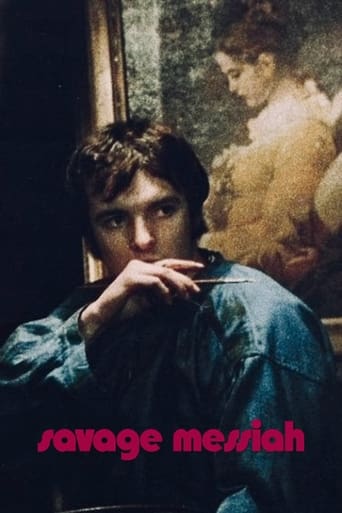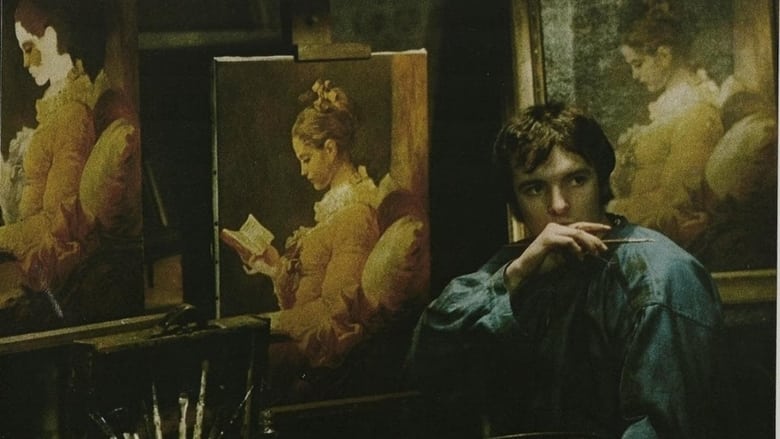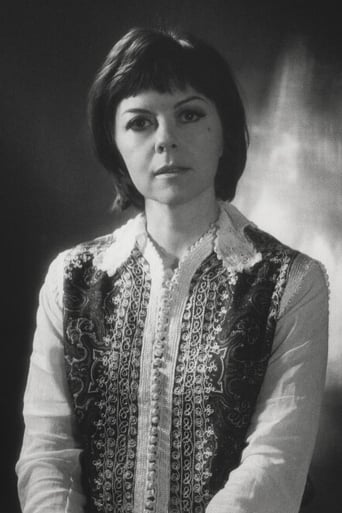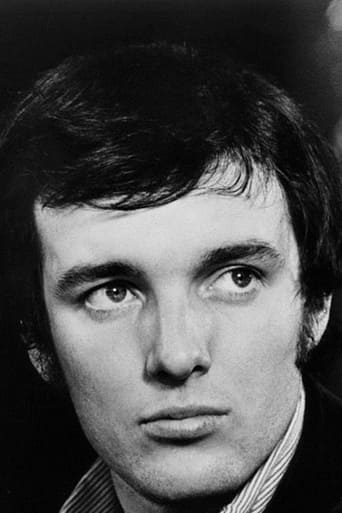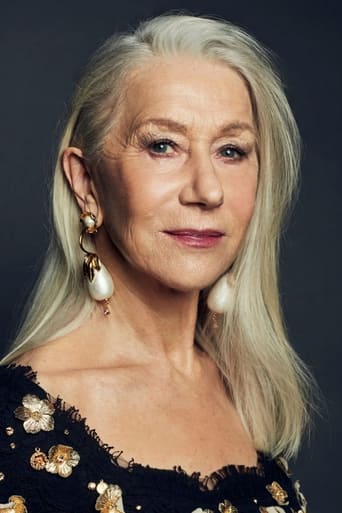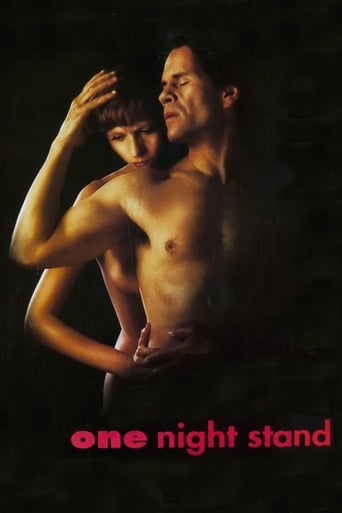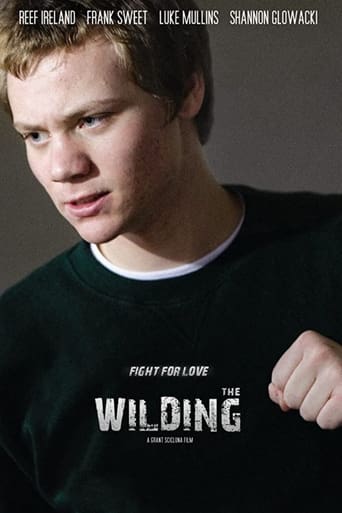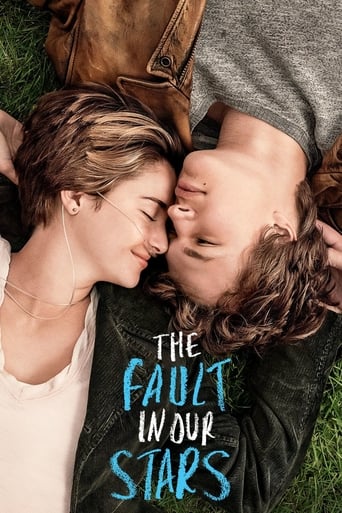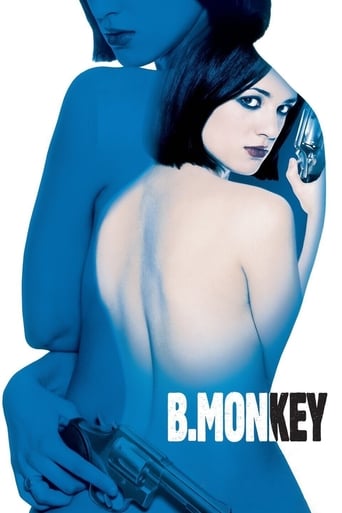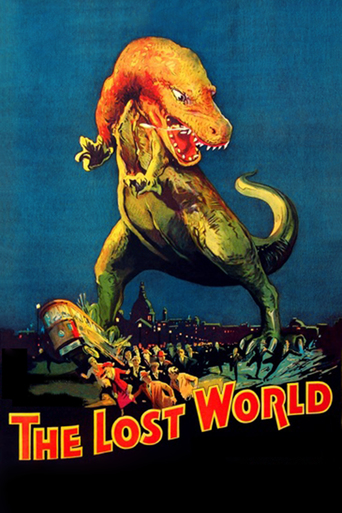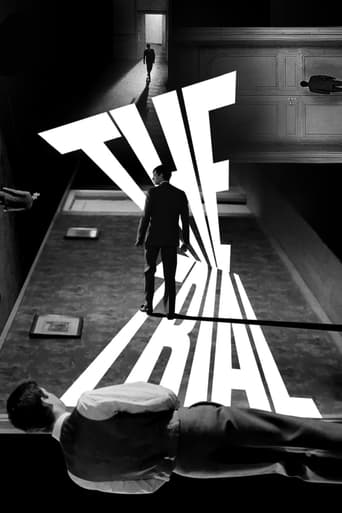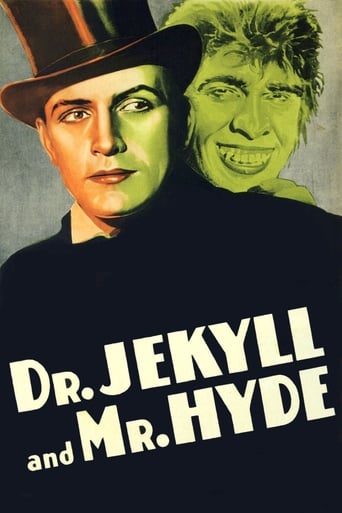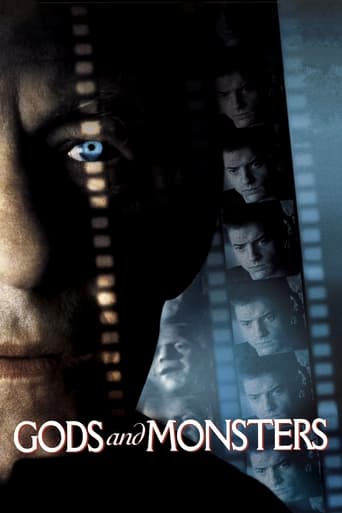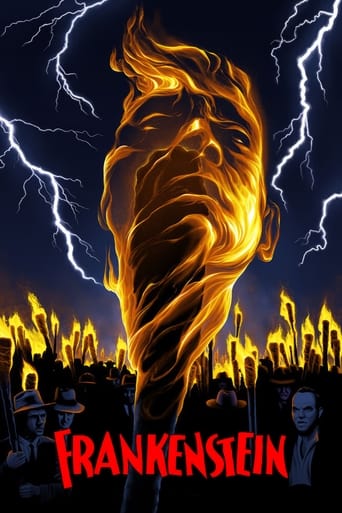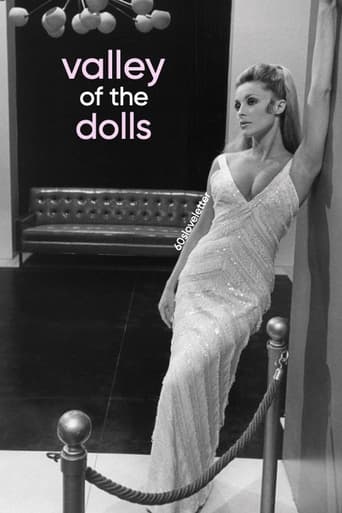Savage Messiah (1972)
In the Paris of the 1910s, brash young sculptor Henri Gaudier begins a creative partnership with an older writer, Sophie Brzeska. Though the couple is 20 years apart in age, Gaudier finds that his untamed work is complemented by the older woman's cultural refinement. He then moves to London with Brzeska, where he falls in with a group of avant-garde artists. There, Gaudier encounters yet another artistic muse in passionate suffragette Gosh Boyle.
Watch Trailer
Cast


Similar titles
Reviews
I love this movie so much
Am i the only one who thinks........Average?
It’s fine. It's literally the definition of a fine movie. You’ve seen it before, you know every beat and outcome before the characters even do. Only question is how much escapism you’re looking for.
The biggest problem with this movie is it’s a little better than you think it might be, which somehow makes it worse. As in, it takes itself a bit too seriously, which makes most of the movie feel kind of dull.
Ken Russell always has been a controversial film-maker, interesting and unique certainly but did have a tendency to resort to excess that could cheapen things. If we exclude his composer documentaries on Elgar, Delius and Debussy(wasn't crazy about the one on Richard Strauss), which are even better than any of his feature films, Savage Messiah is an underrated film. Maybe it could have had more time to breathe in places, while the deliberate pace was very effective there was a tendency to have a restless vibe, and more could have been done with Gaudier's war-time experiences, it was still affecting but compared to the love relationship it did seem on the brief side. However, it does rank alongside Women in Love, The Devils, The Music Lovers and Mahler as one of his better films(of his feature films the only one that I'm iffy about is Lisztomania). It is opulently and atmospherically filmed- if not as much as Valentino or The Music Lovers- and the production values are just as much and even more so. The classical music doesn't feel too much of a hodge-podge and is placed remarkably well, not feeling misplaced. Debussy is the most frequently used, and the impressionist style of his music is beautiful and powerful and judging from how many times his music has been used in his films Russell seems to think so as well. The script is dialogue-heavy and that it was very articulate and had genuine bite too is most admirable with a healthy balance of comedy and tragedy, while the story always engages and the platonic love relationship is told with emotion, while not exactly warm it's hardly hollow, and a sense of fun. Russell's direction is ideal for the subject matter and the story that's been told, like with Valentino for example you can tell he was having fun directing but he also does so with restraint, especially when being compared to Tommy or Lisztomania. There are some great touches here, those who say Helen Mirren's staircase scene is unforgettable are absolutely right, matching Leslie Caron's funeral scene entrance in Valentino in sensuality. The vegetable chopping scene is just as savage as the dialogue and you cannot fail to be moved by the final tragic 10 minutes. The performances while theatrical are fine, Scott Anthony does overact at times but carries the film excellently. Dorothy Tutin is superb as is Helen Mirren(one of those women who still does look amazing, always a standout at awards ceremonies). Overall, one of Russell's better films and deserving of more recognition, it is nice to see though that there are people who remember it very fondly. 8/10 Bethany Cox
This is an impressive story about the outlandish affair between the Polish Sophie Brzeska (Dorothy Tutin) and sculptor Henry Gaudier (Scott Anthony). Meanwhile , he falls in love with a rebel suffragist (Helen Mirren) . At the ending , Gaudier died in action during WWI at 10 p.m , near of Neaville(France) at 23 years old.This is an intense and thoughtful tale about the platonic relationship proceeded in a Russel's style . It's a convincing picture though relies heavily on the stormy relationship between the great artist Henry Gaudier and Sophie Brzeska . As the film displays Russel trademarks , extreme angle cameras , excessive facial close-ups , utilization of numerous camera shots with primary colors and overblown visuals . Excellent cast with deliberately theatrical performances . Magnificent main players and secondary actors , such as : Helen Mirren , John Justin , Lindsay Kemp , Michael Gough and Peter Vaughn , among others . Glamorous cinematography with exceptional attention to period detail and captivating images by Dick Bush , Hammer's usual cameraman . The motion picture was well directed in flamboyance style by Ken Rusell . He's an expert director , whose greatest success was in the 70s making offbeat musical biographies , such as : 'Mahler' , 'Lizstomania' , 'Music lovers'(Tchaikovsky) ; besides , he directed other hits , as 'Women in love' , 'Valentino' and 'The Devils' , and today still directing , as 'Moll Flanders' in production . This oddball biographic chronicle will appeal to Ken Russell aficionados .
Ken Russell did it with Valentino, Tchaikovsky, Mahler, and Lizst. He made British movies of these non-British geniuses, biographical at the obvious level, with satire and pathos lurking beneath the obvious layer. "Savage messiah" is once again a biopic of an eccentric French sculptor Henri Gaudier-Brzeska, though not as famous as Russell's three musical composers or the ballet dancer he made films about, yet a gifted French genius (an outsider in British society) who finds a Polish spouse 20 years his senior in real life ("ugly", he calls her in the film), intelligent, creative and sensitive as the sculptor but disinterested in sex. Russell captures the rich world of artist's agents, the rich who frequent art galleries and museums, rich society's rules that give importance of tucking in shirt-tails while appreciating art in museums, the rich copying art and passing the results off as genuine works...Russell's film captures the brave suffragettes (in the character of Gosh Boyle, played by the stunning young Dame Helen Mirren, who even appears nude) who are not averse to sex and nudity and contrasts them with the lead character of Sophie Brzeska (a charismatic portrayal by Dame Dorothy Tutin), who never takes off her clothes and is openly averse to sex.The director makes the viewer virtually taste the cabbage in the soup made by the poor artists as the rich agent savors the bad concoction. That is an example of Russel at his best.The film is a love story--an unusual one. There is sexual energy that exudes in the cutting of cabbages by Dame Dorothy that seems to have been copied decades later in the vegetable chopping by Cate Blanchett in the recent film "Bandits". The death of the artist is captured by still photographs of the World War and his spouse viewing his sculptures in a public gallery.The film is a remarkable work of two great actors--Dame Dorothy Tutin and Dame Helen Mirren--honored by the British Queen much after the film was made.Russell and set designer Derek Jarman dishes out a movie that may not be outstanding but worthy of note to any one who appreciates the genius among artists and what they have to battle against in the quest to state the truth and tear down pretensions in society. It is a tragic tale of a genius nipped in the bud. Only his spouse, herself a loser among "geniuses", seems to realize this.
Among the best of Ken Russell's films, this work probes, again, the nature of artistic genius, the mores of artists during the last 150 years and, especially, the proximity of this form of genius to psycho-pathology. During this period-- 1968 to 1975-- the period of Russell's greatest popularity, infamy and exposure coincided with a formative period of my life. He was ' a god of my adolescence.' This is a powerful and important film, based on Ede's book. If you have the opportunity to go to England, visit Ede's house, now a museum, in Cambridge city. The Kettle's Yard.

